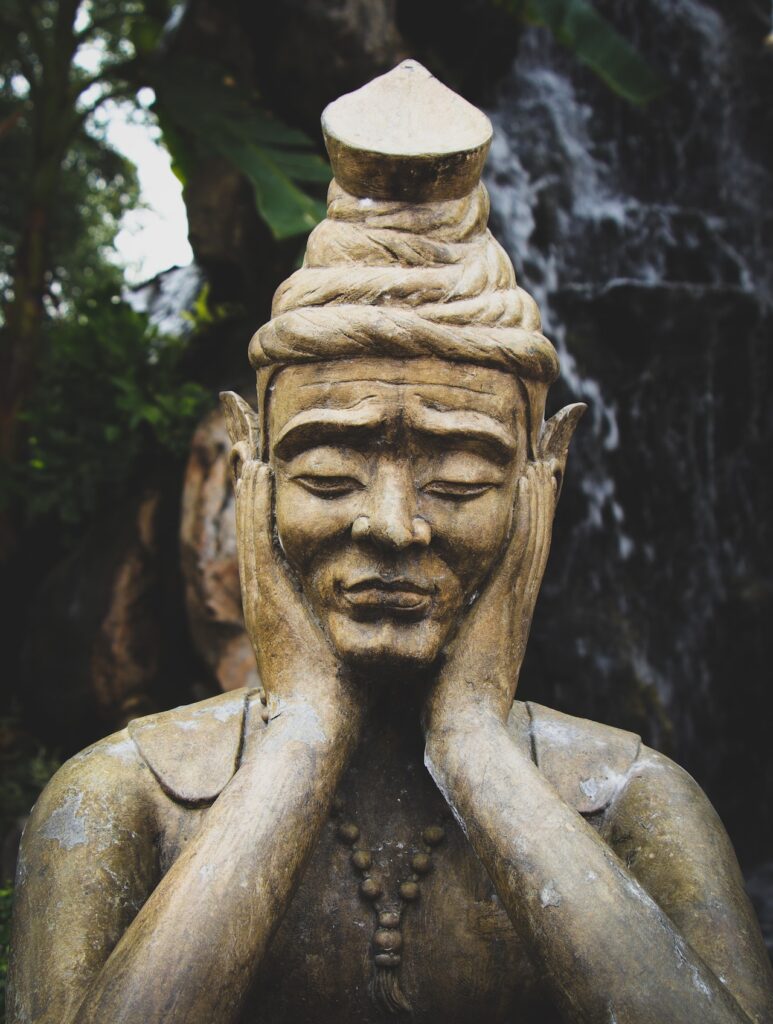There is a lot of messaging these days around being present. This messaging is well-intended and at the same time it is not very precise. When someone suggests that it would be beneficial to “be here now” the implied message is that you are not already here now. If you give yourself a moment to think about it, you have no choice but to be in the present moment and neither does anyone else. All beings are always in the present moment. So let’s look at what folks seem to be pointing to with the imprecise technology of language when they recommend that you learn to be present.
Most of the time, folks who encourage you to be present moment are encouraging you to learn to stay focused on your environment and your physical and/or emotional sensations. At the same time a lot of education around mindfulness tends to frame mental phenomena such as thoughts about the past or future as a bogeyman to be avoided, and some schools of thought even consider thinking itself, including thoughts about the present moment as an obstacle to “being here now.”
The truth is that even if the content of your thinking process is about the past or the future, you are experiencing that thought in this moment. It cannot be otherwise because you cannot be in any other moment. It is commonly noted in mindfulness practices that you cannot breathe a breath from yesterday or tomorrow today, which makes the breath a wonderful object of meditation that is always available to you. However, most mindfulness practitioners get caught up in the content of the thoughts as a reason to make mental phenomena into a problem to be solved. On the contrary, your mental phenomena is also always with you, just as your breath is always with you. Depending upon your own nervous system, style of processing information, and life experiences, you might find that using your mental phenomena as an object of meditation works better for you than using the breath.
The way to wake up is not to make any part of your activity into a problem in your mind. Being awake is not that special. It is not much more than reducing friction between how things are and the way you want them to be, and paradoxically since your mind usually generates the arguments against how things are, the mind is a really wonderful place to reorient yourself to the way things are.
There are many different ways to use your mind as a path for awakening. One type of Buddhist practice trains monks in logic and debate and they debate each other on the nature of being not because it can be understood by the mind, but to exhaust the mind. The premise of this practice is that when the mind finally gives up there is a moment when waking up can occur.
That is one practice, but there are many other practices that use mental phenomena to help you wake up. We will address various practices in other posts, but for now, the message we offer is that you can relax about having mental activity. You might need to reorient your relationshiop to your mental phenomena so it doesn’t cause you to suffer, but you don’t need to worry about whether or not your every thought is about the present. The way things are is the way things are, and that includes thoughts about the past or future. If those types of thoughts were not meant to be, they would not exist.
Furthermore, the way things are in the present moment, which is the only moment you have ever experienced, does not need protection from your mind. It includes your mind. You cannot ruin it by the content of your thoughts. The way things are cannot be broken by you or by anyone else.
